
Ten years ago, when I wrote my fictional diary of 2019, I used the scenario created by the Institute for the Future for the Superstruct forecasting game as a lens through which to reexamine my daily life. On the way to work, I’d think about what public transportation might be like in a future plagued by pandemic disease. (In Superstruct, this role is played by ReDS–Respiratory Distress Syndrome.) Shopping for groceries, I was hyper-aware of which goods might not be available in a food-scarce world. A few weeks after Superstruct launched, real life took me to Italy for a 10-year reunion with my classmates from the Getty’s Museum Management Institute. I took my fictional diary on the road and imaged why I would go to Italy in 2019, and what that trip might be like. Not only international travel, but international time travel!
DO try this at home. Pick a scenario of the future–from TrendsWatch or your favorite work of futurist fiction–and go through a day or a week translating your life into that world.
3 a.m., Sunday, October 13, 2019
What insanity! We landed in Pisa yesterday afternoon. Banking in over the Mediterranean, we could see hundreds of small craft circling the port, and farther out, a dozen or so large ships (tankers? Container transports?) stalled at the edges, seemingly baffled by the boats buzzing off their bows. On landing, we cleared customs in no time (honestly—they didn’t care—glanced at our passports and ReDS certificates and waved us on through). As soon as we exiting to baggage claim it was chaos. The airport, which is pretty small, was jammed with travelers in various states of panic—businessmen, couples, families complete with babies and grandmothers, some dragging dogs or carrying cats in carriers, all with mounds of luggage, waving health certificates and passports, shouting hysterically at the airline personnel.
My first inane words (which Cliff, blessedly, did not hear) were “well, this is not good.” And indeed it wasn’t. Turns out two sets of protests have combined to create utter panic—the dockworkers were striking, and doing a rather good job of blockading the port. (They were the ones piloting the small craft holding off incoming ships.) The Italian (coast guard? Navy? The T.V. showed lots of very serious looking sailors on boats, all carrying impressive weaponry) were trying to drive them off, but strikers inside the port were threatening to blow up the fuel storage tanks if the authorities took action, so, stalemate. Inside the city, university students were rioting to protest…something. Since neither Cliff nor I speak Italian the specifics of the situation eluded us, but the important point was clear—a) we were not going to get a flight back to the States and b) we could not go to our hotel in the city, as planned. (We were going to stay for three days before proceeding to Firenze for the meetings at the Palazzo Strozzi.)
The roads into the city were blockaded, and the carabinieri stationed outside the airport were directing all traffic onto the autostrada towards Firenze or Livorno. James, when I called to see if he could find us a place to stay in Firenze, told us the students were rioting there, as well, and he could not guarantee it was safe. (At least he explained why they are up in arms—the government closed the universities, ostensibly to reduce the spread of ReDS, but the students contend it is an excuse to lay off faculty and cut student support.) Which left us, where? Stuck in Italy with a rental car, a map, and nowhere to go.
Except…one of the wonderful things about my career is that it has left me with friends literally everywhere. A bit of thought (aided by a cappuccino and a very nice almond pastry from the café in the rental car building) retrieved the fact that my friend Nancy retired to a small town in Tuscany some five years ago, where she is a caretaker for a villa owned by a rich German. Unfortunately, by this time the cell signal was down again, so we set off for Panzano armed with an excellent map and fortified with two prosciutto sandwiches (also from the café) that smelled really, really good. (They didn’t last 10 kilometers, despite our resolve to save them for later. And they were excellent. Evidently the food disruptions have not yet affected the Italians’ talent for selling decent grub from even the smallest and humblest shop.) We could only hope that Nancy was in residence (and that Herr owner was not.)
First challenge—the rental car company had only been able to give us a few liters of gas, and some vague suggestions, in creative English, for where to find more. The first three stations had nothing, and by that point we had to start deviating from the direct route to Panzano to search. By the time we did fill up (using up a good deal of our precious stash of Euros—we had not been able to get near the ATM at the airport) it was nearly dark. Finally, after many missed turns and doubling back, we trundled into Panzano at nearly eight o’clock at night, with no clue how to proceed from there. Still no cell phone signal.
Bless small towns. Cliff, being from a teeny one in Vermont, found Nancy by the simple expedient of walking into the first open café we could find, just off the village square in Panzano, and asking. When I expressed skepticism at this plan, he explained that having been there five years everyone would know Nancy, the details of her family, her health, her past jobs, and (quite likely) her views on politics and religion. And he was right—they provided directions (and better, a hand drawn map on a paper napkin), and asked us to deliver us three pounds of coffee she had ordered. (We would find out later this was part of an extensive network of black market trading that kept the locals supplied with goods no longer obtainable through the stores. That coffee had been “bought” with two bushels of figs from the trees on the villa’s grounds.)
Villa Crespine is about a mile and a half outside Panzano, down a truly execrable dirt road, worn in places to bedrock. We turned down two wrong spurs, bumping along between olive groves and vineyards, nearly bottoming out the car, before finding the correct dusty, steep, unmarked road leading to Crespine. By this time it was pitch dark (and I mean pitch—there must have been another power outage, as we could not even see the lights of Panzano, on the ridge across the valley.) I got out of the car and walked ahead with a flashlight, looking for the gate. Was scared nearly to death when a cingiale (wild boar) startled across the road in front of me and went snorting off into the underbrush.
But, here we are, safe, though shaken, warming ourselves in front of a nice, smoky, fire, eating salami, bread and olives and sipping some really awful red wine. (And I thought all Italian wine was at least decent!) Nancy was wonderful, welcoming us with open arms, and Herr owner is most fortunately in Frankfurt, dealing with his failing business. Our friends Gary and Dan are here, too. They were already visiting, coming up from Milan after Dan keynoted at an international cancer conference. We should be safe for a few days at least while we figure out what to do next. (And how to get word to Flaco, Dolores and our friends back in DC that we are ok.)
Catch up with previous diary entries:
My Story, Part 1 (October 7, 2019)
Day 3: A Visit from the Authorities
Skip over related stories to continue reading article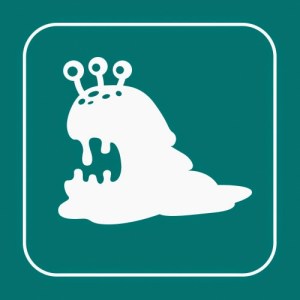


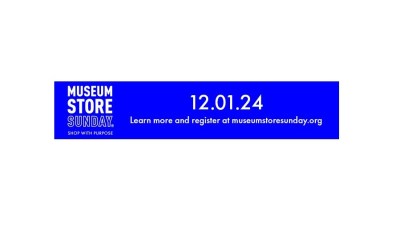
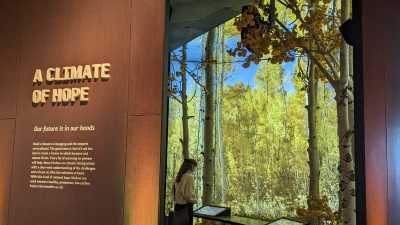

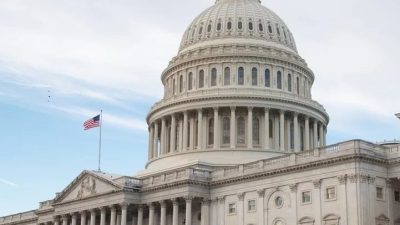
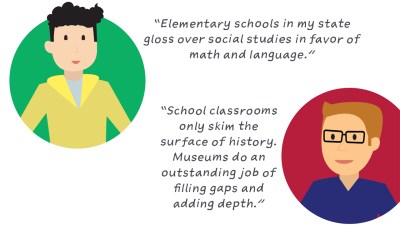
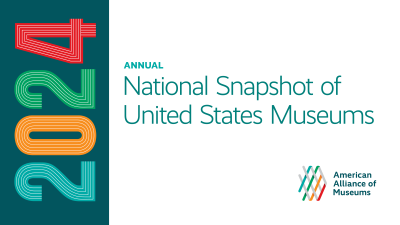
Comments